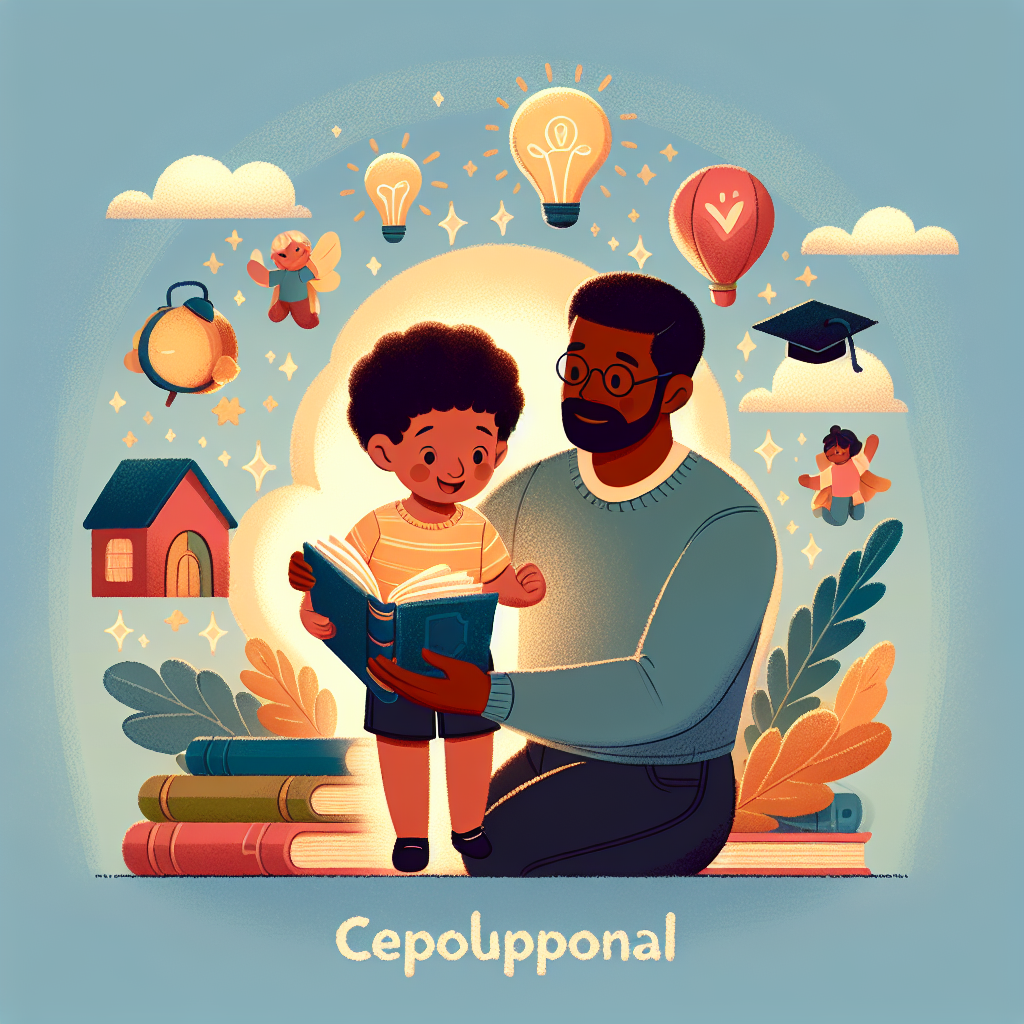The Importance of Reading to Children: How to Teach Reading from an Early Age
Reading is like an open window to countless worlds, giving children the opportunity to explore, learn and develop their imaginations. From babies' first murmurs to pre-teens' complex stories, reading plays a crucial role in children's early development. This article aims to provide a comprehensive guide to the essential stages through which children learn and develop through reading, encouraging parents to be actively involved in their little ones' educational journey.
Motor Development
Reading in children involves not only the cognitive processing of information, but also the development of fine motor skills. From an early age, handling a book, flipping the pages or pointing at illustrations helps improve hand-eye coordination and dexterity. To stimulate these skills, it is recommended that parents choose books with thick and textured pages for the little ones, inviting them to actively participate during reading.
Language development
One of the most extraordinary stages in a child's development is when he begins to speak. Regular reading contributes significantly to the development of vocabulary and communication skills. Reading age-appropriate books familiarizes children with new grammatical structures and a diverse vocabulary, which will make it easier for them to understand and use the language correctly. In addition, the conversations that occur during and after reading help children better express their thoughts and feelings.
Emotional and Social Development
Reading helps children understand the world around them and develop empathy. Books that address different scenarios, issues or feelings allow children to experience various situations in a safe environment, helping them understand and manage their own emotions. Also, by identifying with the characters in the stories, children learn about relationships, the consequences of actions, and the importance of collaboration and friendship.
Cultural Awareness
In an increasingly interconnected global environment, it is important that young people grow up with cultural awareness and understanding. Books are a great tool to introduce children to cultures and traditions different from their own. This aspect of reading prepares them to become respectful and inclusive citizens of the world.
Cognitive Development
At the core of academic achievement are reading and comprehension skills. Active participation in reading stories not only stimulates children's curiosity and desire to learn, but also helps them develop concentration and memory. From identifying patterns and sequences in stories to understanding cause and effect, reading is essential to developing analytical and critical thinking.
Strategies to Encourage Reading
Parents who read with their children do not only an act of education, but also one of emotional connection. Creating a reading routine, choosing varied books and discussing their content are some of the ways parents can promote a love of books. Visits to libraries and bookstores can also add an element of adventure and exploration to the world of books.
Development of Critical Thinking
Engaging children in discussions about the topics of the books they read helps them develop critical thinking. It is important to encourage them to ask questions, make real-life connections and develop their own opinions based on the information they have read. This process teaches them not only to be critical, but also how to argue and support their point of view.
The Psychological Benefits of Reading
Reading not only benefits children's educational development, but also has positive effects on their psychological state. The calmness and pleasure that reading can bring helps reduce stress and improve self-esteem. Also, children who read regularly tend to be more confident in their learning abilities and better prepared for the challenges of school.
Conclusion
Reading is a bridge to academic success, personal development and openness to new horizons. By teaching children to love books from an early age, we give them the tools they need to successfully navigate life. By committing to reading together, parents play an essential role in shaping young minds, enriching their inner world and giving them a solid start for the future. Ultimately, perhaps the most important call to action for any parent is to create, maintain, and nurture a family environment that values and celebrates reading.














































































































































